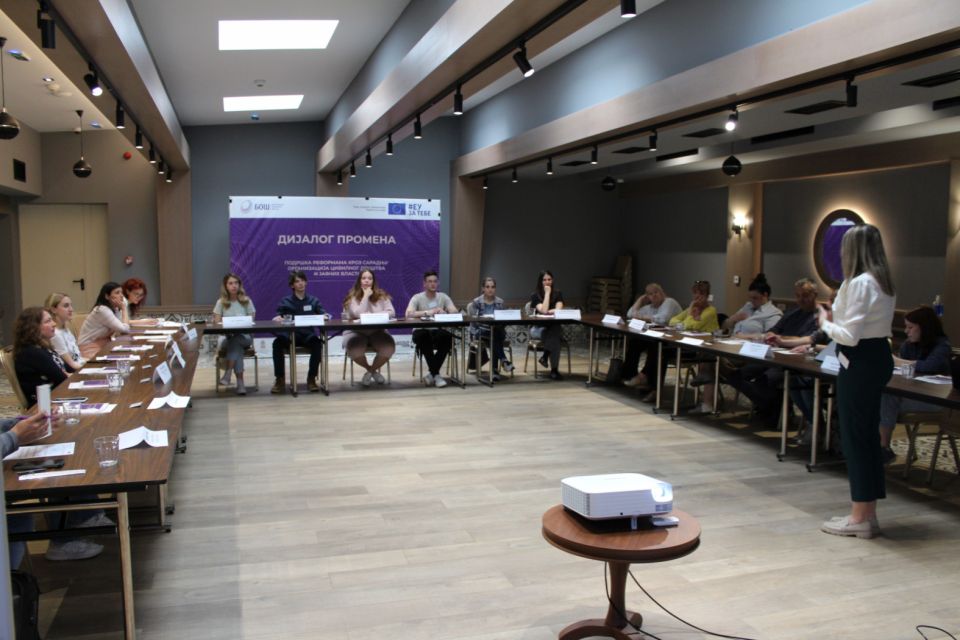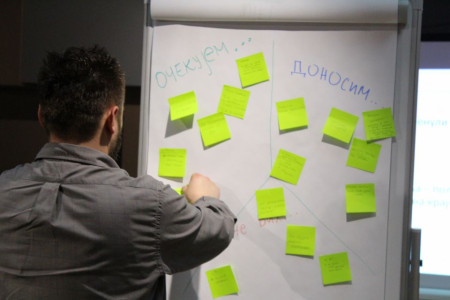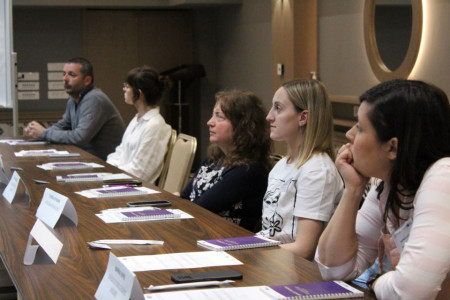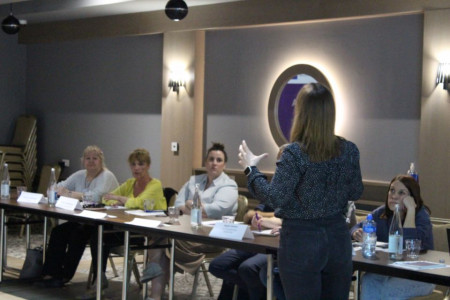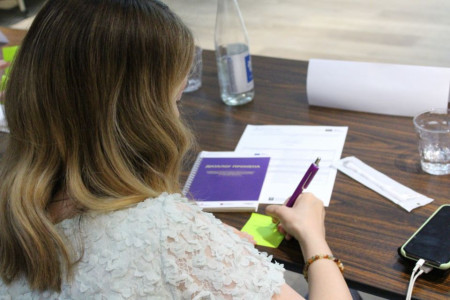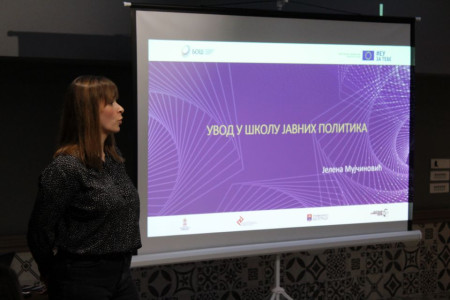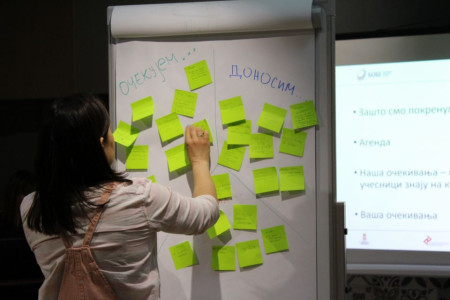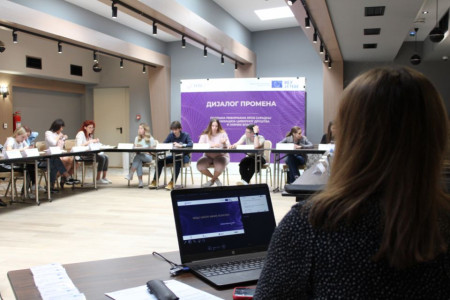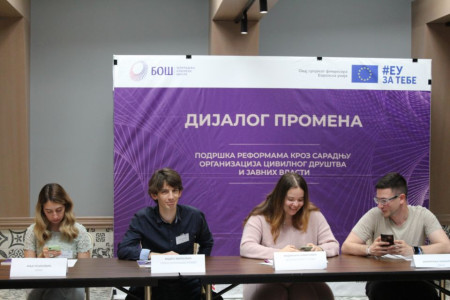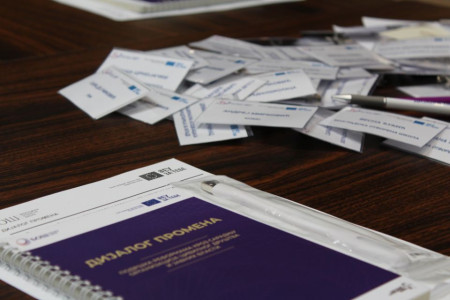Improving the lives of all citizens and solving various problems that society faces is important for the entire community and implies the involvement of all actors. The role of the civil sector is to provide expertise in certain areas of social life and to, in partnership with the public sector, participate in creating and improving public policies and thereby contribute to overcoming problems in the community. How can representatives of CSO make their proposals more visible to public authorities? Are public policies tailored to all social groups?
To strengthen the capacity of the civil sector to participate in the process of creating public policies, The Belgrade Open School, in cooperation with the Republic Secretariat for Public Policy, organized the second School of Public Policy. The school was held in Sokobanja in the period from 24th to 27th of April, 2023, where it gathered representatives of 20 civil society organizations as participants. Participants have the opportunity to learn about the mechanisms of CSO involvement in decision-making processes through interactive workshops. The school provided the opportunity to analyze and practically test the tools available to the civil sector when prioritizing and presenting their proposals to decision-makers and the general public.
Representatives of the Republic Secretariat for Public Policy with the participants analyzed in detail the cycle of creating public policies, the roles of various actors participating in this process, and the documents that CSO representatives may encounter during cooperation with public authorities in improving public policies. Special importance at the School is aimed at increasing the competencies of CSOs in the areas of financing planning and budget management of public policies.
The School of Public Policy was held as part of the "Dialogue of Change" project, which is supported by the Delegation of the European Union in Serbia and is being implemented in the period from 2021 to 2023 in partnership with the Ministry of Human and Minority Rights and Social Dialogue, Republic Secretariat for public Policies, the Center for EU Public Policies of the University of Belgrade, the Olof Palme Center as well as the Office for NGOs of the Government of the Republic of Croatia.

 381 60 30 65 800
381 60 30 65 800






